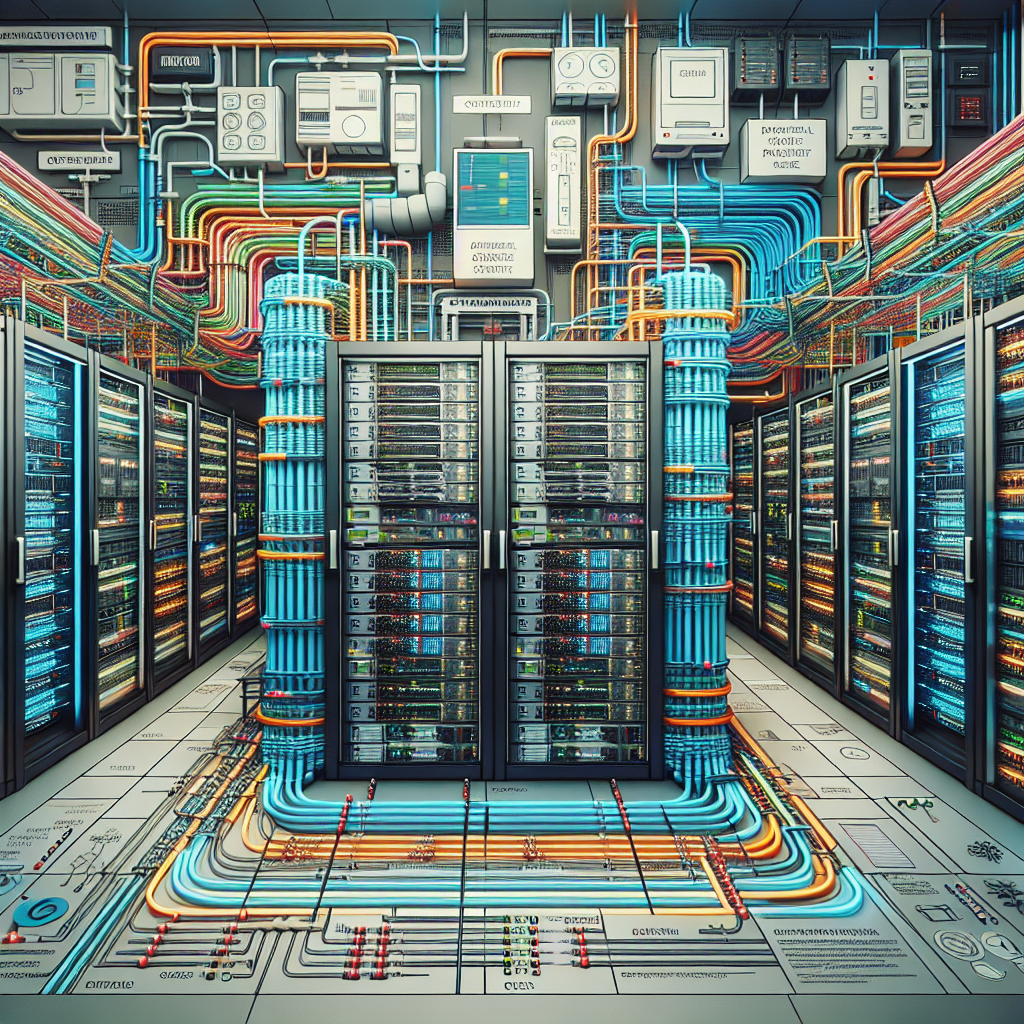Your cart is currently empty!
Ensuring Safety and Compliance in Data Center Electrical Installations

Data centers are the backbone of today’s digital economy, housing the critical infrastructure that powers our interconnected world. From storing vast amounts of data to running complex applications and services, data centers play a crucial role in ensuring the smooth functioning of businesses and organizations.
One of the key components of a data center is its electrical installation. The electrical system in a data center is responsible for providing power to servers, networking equipment, cooling systems, and other critical components. Any disruptions or failures in the electrical system can lead to downtime, data loss, and potentially catastrophic consequences for the business.
Ensuring safety and compliance in data center electrical installations is therefore of utmost importance. Here are some key considerations to keep in mind when designing, installing, and maintaining the electrical system in a data center:
1. Compliance with regulations and standards: Data centers are subject to a range of regulations and standards governing electrical safety and performance. It is essential to ensure that the electrical installation in a data center complies with all relevant codes and standards, such as the National Electrical Code (NEC), the International Electrotechnical Commission (IEC) standards, and other local regulations.
2. Proper design and planning: The electrical system in a data center should be designed to meet the specific needs of the facility, taking into account factors such as power capacity, redundancy requirements, cooling systems, and future expansion plans. A comprehensive electrical design plan should be developed by qualified engineers to ensure that the system is safe, reliable, and efficient.
3. Quality of components and equipment: The quality of electrical components and equipment used in a data center can have a significant impact on the safety and performance of the electrical system. It is important to use high-quality, reliable equipment from reputable manufacturers to minimize the risk of equipment failure and ensure the longevity of the electrical installation.
4. Regular maintenance and testing: Regular maintenance and testing of the electrical system are essential to identify and address any potential issues before they escalate into major problems. Scheduled inspections, testing of electrical equipment, and preventive maintenance can help to ensure the safety and reliability of the electrical system in a data center.
5. Emergency preparedness: Despite best efforts to design and maintain a safe electrical system, emergencies can still occur. Data centers should have robust emergency response plans in place to address electrical failures, fires, and other emergencies quickly and effectively. Regular training and drills should be conducted to ensure that staff are prepared to respond to emergencies.
In conclusion, ensuring safety and compliance in data center electrical installations is a critical aspect of maintaining the reliability and performance of a data center. By following best practices in design, installation, maintenance, and emergency preparedness, data center operators can minimize the risk of electrical failures and ensure the uninterrupted operation of their facilities.

Leave a Reply